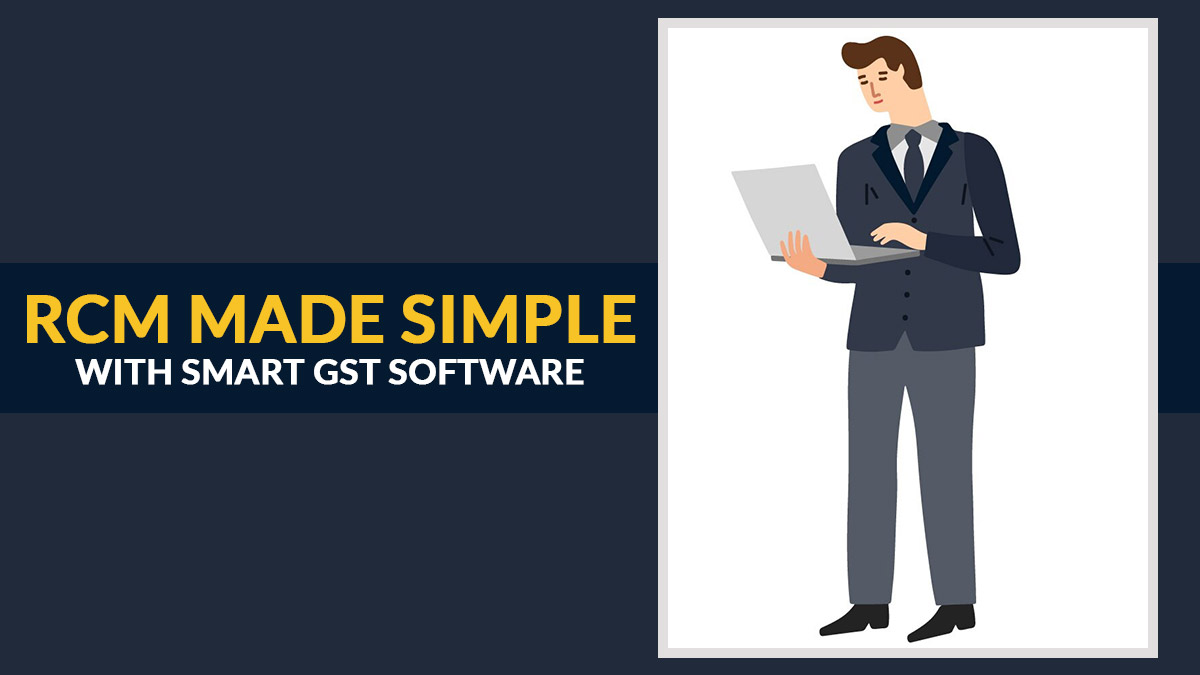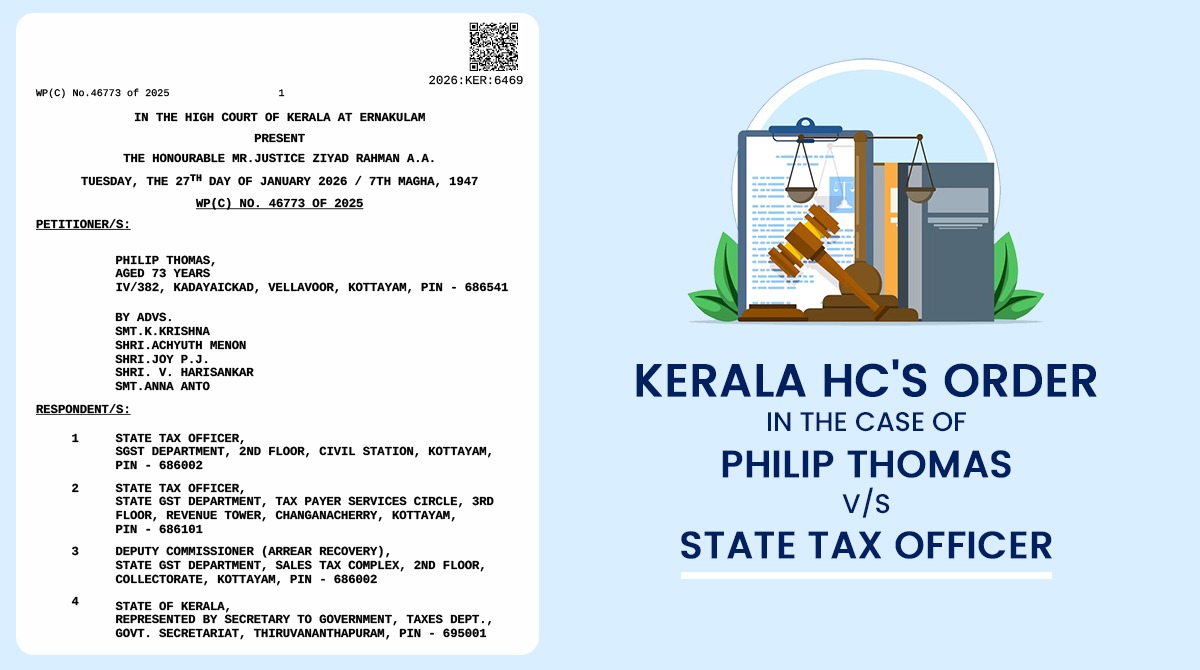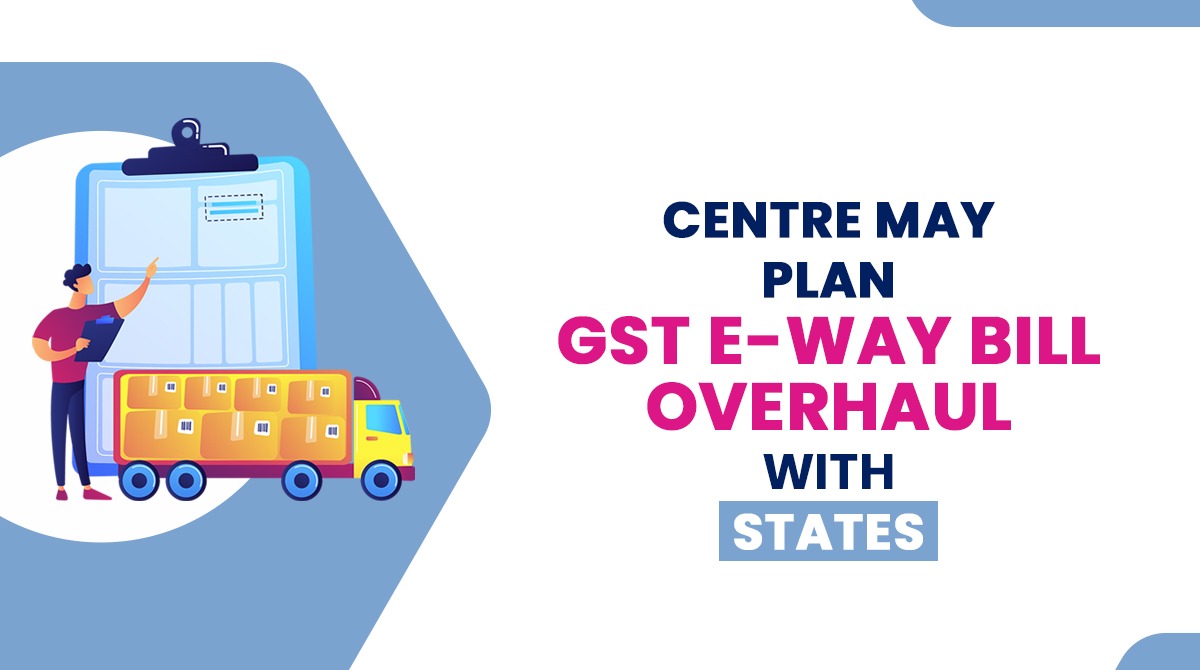
A streamlined tax system in India has been navigated via the introduction of the Goods and Services Tax (GST). For the businesses, one of the complex things in this system is the Reverse Charge Mechanism (RCM). With RCM, the buyer takes that obligation to pay the tax instead of the seller. Business finds it hard to track their tax payments precisely from this change.
Manual handling of these RCM norms for many companies and their accountants can be a slow operation, leading to errors.
Here, the GST software makes things streamlined. The same software can automate various intricate chores engaged in tax compliance that help reduce errors and keep businesses informed of changing tax statutes.
What Makes RCM So Challenging?
Comprehending the Reverse Charge Mechanism (RCM) and the way GST Software facilitates it:
In India, the Reverse Charge Mechanism (RCM) is a special tax process that applies to certain services and goods, especially those from suppliers who are not registered for Goods and Services Tax (GST) and specific services or goods listed by the government. There are various reasons that issues may occur in the management of RCM.
Changing Rules: The list of products and services shall be updated by the government frequently, which comes within RCM. The same successive revision can make it difficult for businesses to keep track.
Extra Reporting: When the businesses are involved in the transactions of RCM, then they should separately mention all these during GST return filing. The same shall make the process complicated.
ITC Issues: In reconciling the Input Tax Credit (ITC) on RCM-related purchases, businesses encounter issues that result in mismatches in their accounts and possible audits.
Payment Deadlines: Under RCM, the taxes should be paid within the set deadlines. Penalties may occur if unable to fulfil these due dates.
In between these issues, manual RCM management can increase the chance of errors, financial losses, and operational inefficiencies.
In What Way Does GST Software Make RCM Compliance Streamlined
The latest GST software has been made to support businesses in managing seamless RCM compliance. Below are the ways to ease the procedure:
Automatic Transaction Identification: Based on the latest rules, GST software automatically determines which one comes under RCM rather than sorting through transactions manually. Businesses via this cannot skip any RCM obligations.
Easier ITC Reconciliation: Between the businesses’ purchases and the data from the GST portal, reconciling ITC is one of the difficult chores. GST software, by showing discrepancies, makes businesses fix issues before filing their returns.
Staying Updated: Concerning RCM, the GST norms often get revised. An effective GST software updates itself with new government norms automatically, so that businesses stay compliant without any research.
Easy Return Filing: Through the same software, GST returns filing, like GSTR-1 and GSTR-3B, becomes easier. The software automatically fills in the required details from invoices, calculates taxes, and helps create error-free returns, lessening the likelihood of late submissions or mistakes.
Clear Reporting: GST software delivers organised reports for RCM transactions, exhibiting what taxes are due, what has been paid, and what ITC has been claimed. Businesses with this can track their RCM status and manage cash flow effectively.
Automated Reminders: It is important to fulfil the due dates of RCM to prevent penalties. For deadlines of tax payments and return filings, GST software sends reminders, which makes it simpler for businesses to stay on track.
Closure: Under the GST system, steering RCM cannot be easy because of changing rules, regulatory updates, and strict deadlines. Errors and penalties can emerge when relying on manual procedures. With the use of advanced GST software, all these problems can be resolved.
By streamlining the identification of RCM transactions, simplifying ITC reconciliation, providing timely updates on regulatory changes, and facilitating easier return filing, GST software enhances accurate compliance and boosts overall efficiency. Adopting robust GST software is important for businesses that are focused on growth rather than tax-related complexities.









